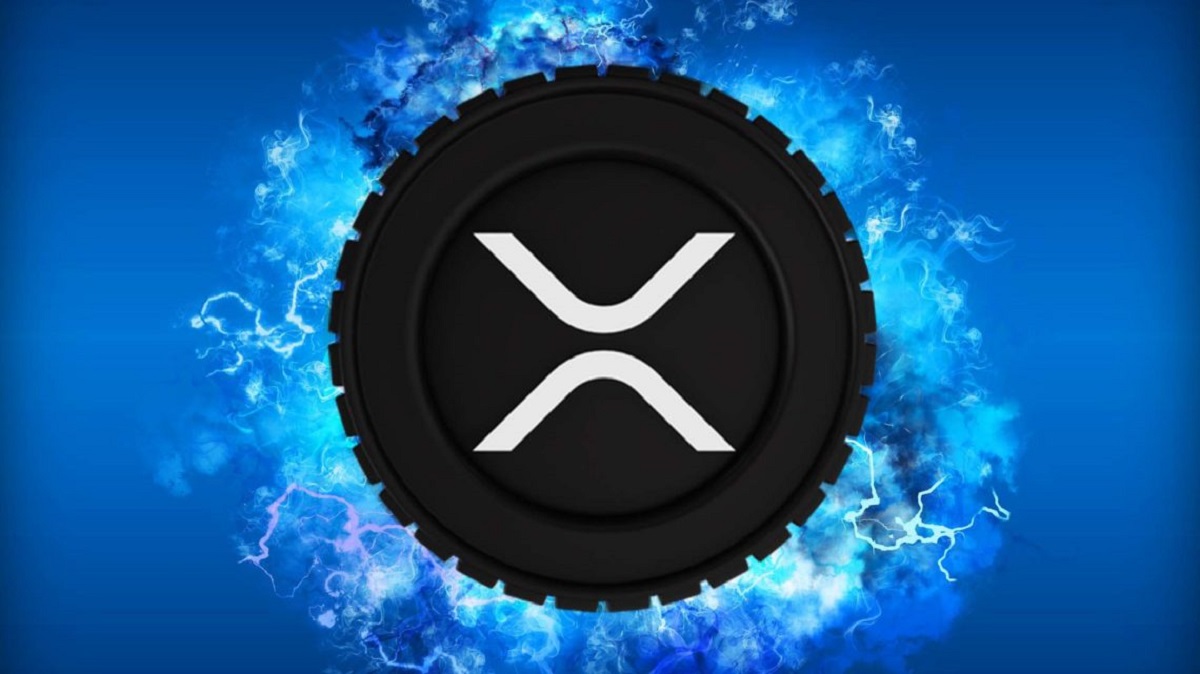Tugende, a venture-backed lender based in Uganda, has taken a significant step towards repayment of its defaulted $5 million loan from Goldfinch, a decentralized credit protocol. The company has reached an “agreement in principle” with Warbler Labs, the company behind Goldfinch, regarding a loan restructuring plan.
Key Takeaway
Tugende and Warbler Labs have reached an agreement to restructure a defaulted $5 million loan from Goldfinch. The restructuring plan offers hope for potential recovery, with a reduced net write-down of the senior pool’s value. The loan default and subsequent restructuring highlight the challenges faced by Tugende and the risks involved in lending to businesses in emerging markets.
Restructuring Agreement Reached
According to an investor update, Tugende and Warbler Labs, along with a strategic investor, have agreed to a restructuring plan, although the specific terms of the agreement have not been disclosed. Tugende’s co-founder and CEO, Michael Wilkerson, has stated that more information about the restructuring plan will be provided in the coming weeks, noting that there is a larger transaction and a strategic investor involved.
Tugende defaulted on the $5 million loan from Goldfinch in October 2021 for its operations in Kenya. The company was up-to-date on its monthly interest payments until May 2022 but then defaulted from June onwards, causing concern within the Goldfinch community.
About Goldfinch Protocol
Goldfinch is a decentralized lending protocol backed by a16z that allows entities in emerging markets to access crypto loans without having any crypto holdings. Unlike most DeFi platforms, Goldfinch does not require borrowers to stake crypto assets as collateral. Instead, it enables entities like Tugende to secure loans based on off-chain collateral such as bank accounts and other assets.
To facilitate lending, Goldfinch has built capital pools, including a “senior” pool that invests in a diversified portfolio. Through these pools, entities like Tugende can receive funding from investors on the Goldfinch protocol.
Recovery Efforts and Potential Outcome
The restructuring plan agreed upon by Tugende and Warbler Labs offers a sense of hope for the recovery of the defaulted loan. In the latest investor update, Warbler Labs stated that if the restructuring plan closes as indicated, the potential net write-down of the senior pool’s value may be reduced from approximately 3.95% to less than 0.79%. The update also mentioned that the restructuring and the first payment are expected to occur before the end of the year, subject to legal work and necessary regulatory approvals, although there could be potential delays.
Challenges Faced by Tugende
Tugende has faced challenges leading to the loan default. It breached the loan-to-value covenant and the tangible net worth to total assets agreement with Goldfinch, which required the outstanding loan not to exceed 80% of the collateral’s value and mandated a minimum tangible net worth of 20% of total assets to prevent overborrowing.
Furthermore, it was discovered that Tugende had diverted $1.9 million of the loan meant for its Kenyan entity to support its struggling operations in Uganda, breaching the agreements with Goldfinch. This diversion was done without the consent of the Goldfinch community, causing further complications.
About Tugende
Tugende started its motorcycle taxi financing operations in Uganda in 2012 and expanded into Kenya in 2019. The $5 million loan from Goldfinch was taken to grow its loan portfolio and generate profits to repay the loan. However, the company faced challenges due to macroeconomic factors, including inflation and rising energy costs, as well as managerial missteps.
Tugende has raised significant funding, including an undisclosed pre-Series B round backed by various investors. According to Crunchbase, the company has raised a total of $61.8 million in grants, debt, and equity funding.

























